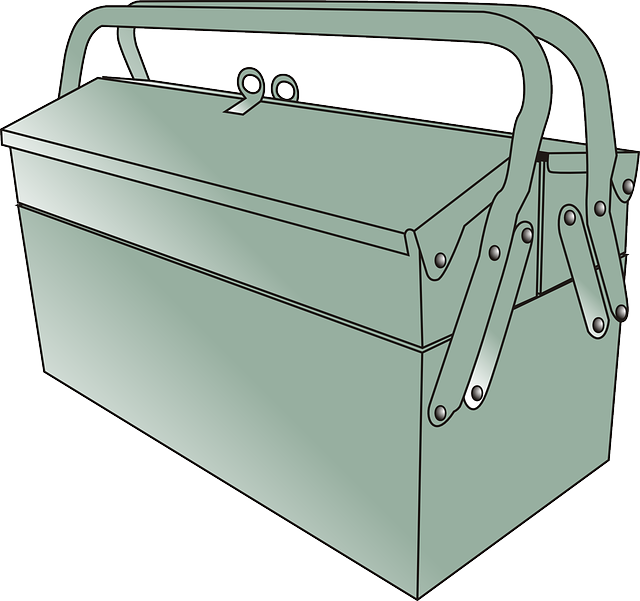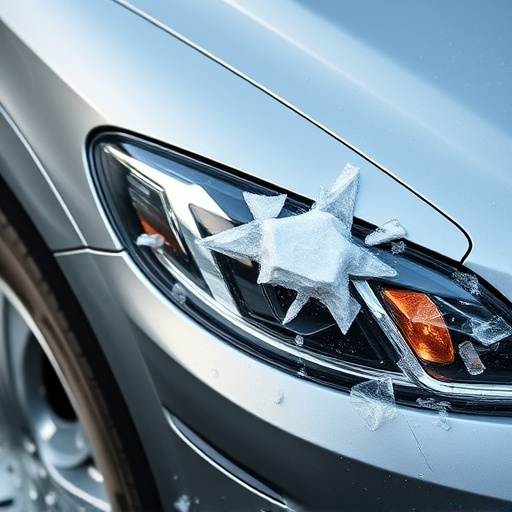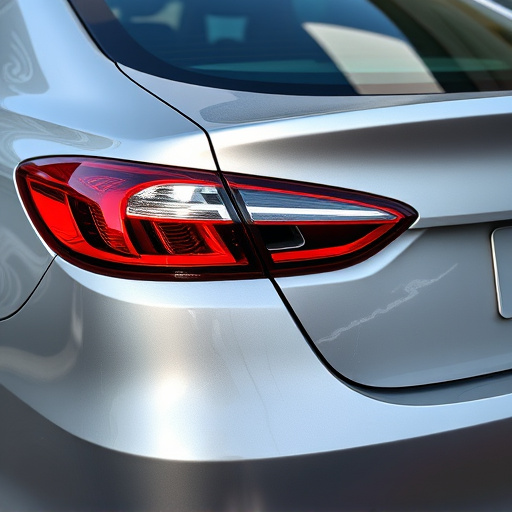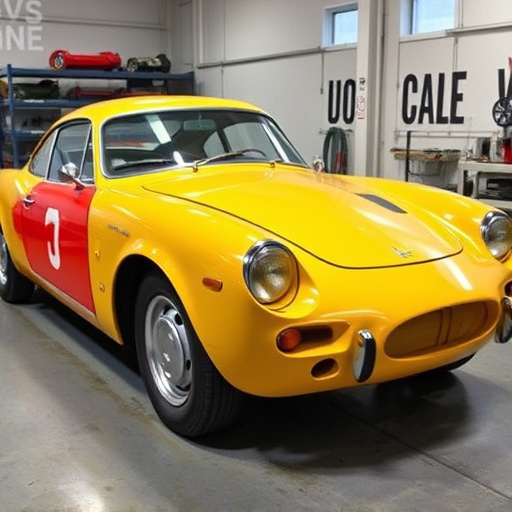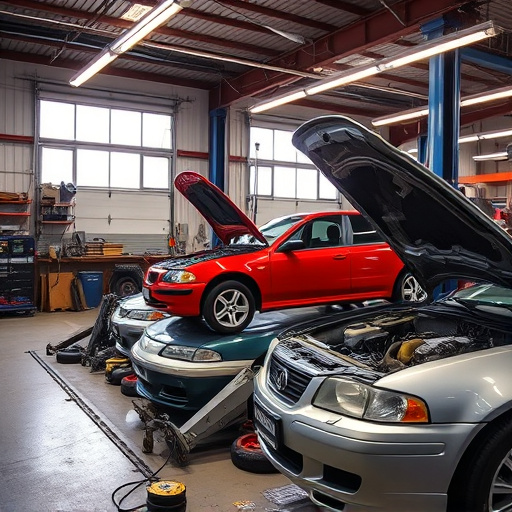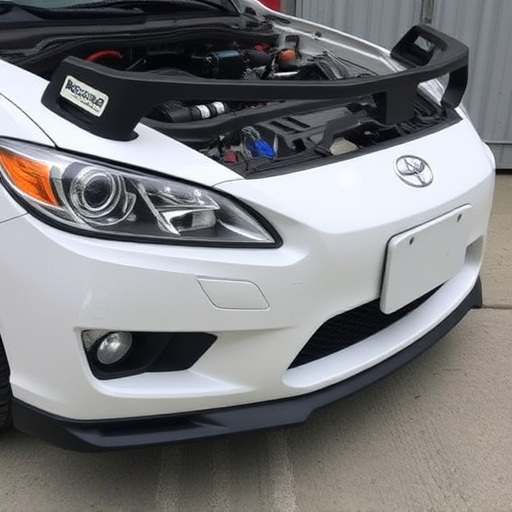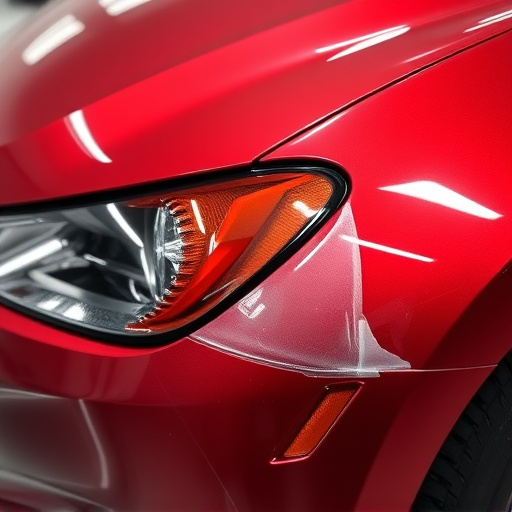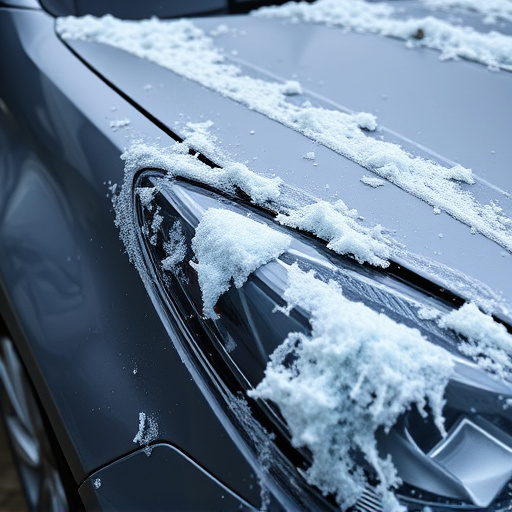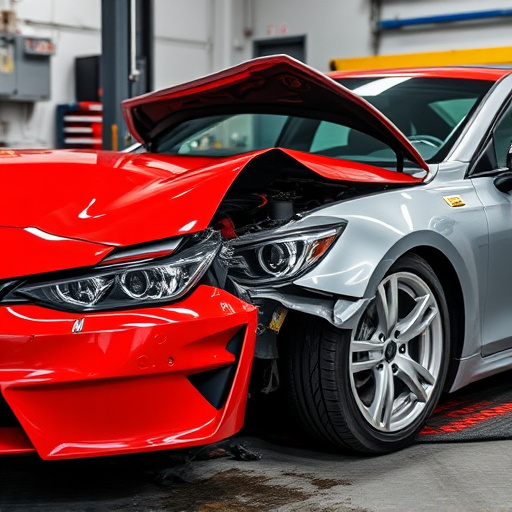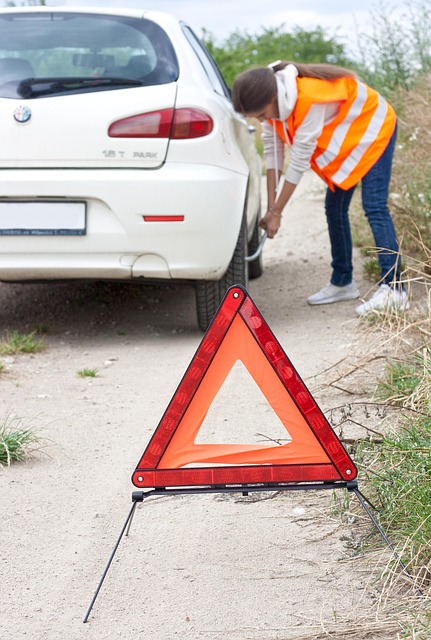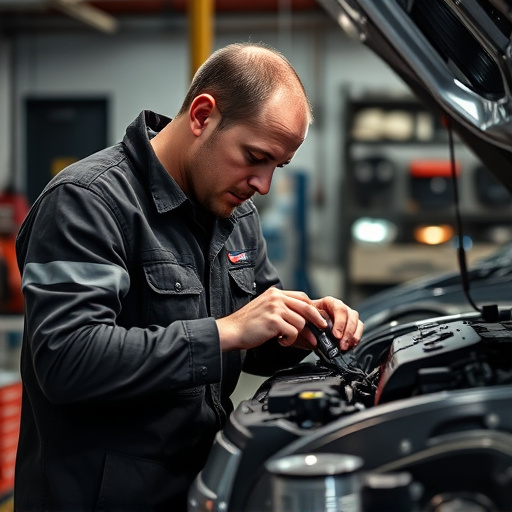Before choosing an auto collision repair shop, check their experience, ask for detailed repair walks, understand turnaround times, confirm industry standards and certifications, inquire about cost structure, including parts and labor charges, and payment options to ensure your vehicle's safety, quality, and transparent financial transactions.
When your vehicle suffers a collision, choosing the right auto collision repair shop is crucial. This article guides you through essential questions to ask, ensuring you receive quality repairs safely and efficiently. From understanding your auto’s repair process to deciding on cost and payment options, each step matters. Equip yourself with knowledge before stepping into any auto collision repair shop.
- Understanding Your Auto's Repair Process
- Ensuring Quality and Safety Standards
- Deciding on Cost and Payment Options
Understanding Your Auto's Repair Process
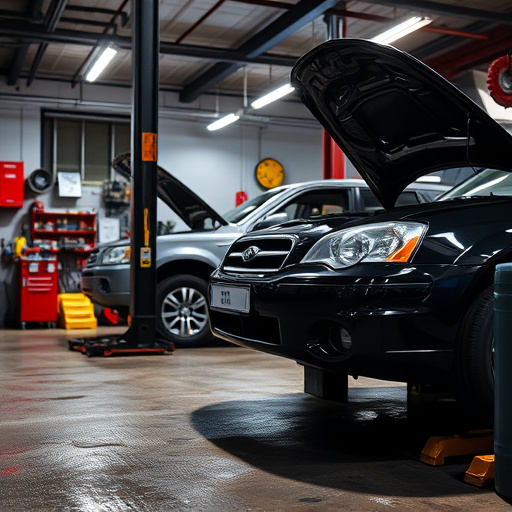
When visiting an auto collision repair shop, understanding the repair process is key to ensuring your vehicle’s safety and quality of work. Start by asking about their experience in handling similar types of damage. For instance, if you have a classic car that needs restoration after a fender bender, inquire about their expertise in preserving historical vehicles. A good auto collision repair shop should be able to walk you through each step, from assessing the damage to replacing parts and performing quality control checks.
Understanding the timeline is also crucial. Ask about typical turnaround times for repairs, keeping in mind that complex jobs might take longer. Ensure they provide transparent updates and communicate any potential delays. By asking these questions, you can gain insight into their professionalism and the level of care they give to your vehicle’s restoration after a collision.
Ensuring Quality and Safety Standards
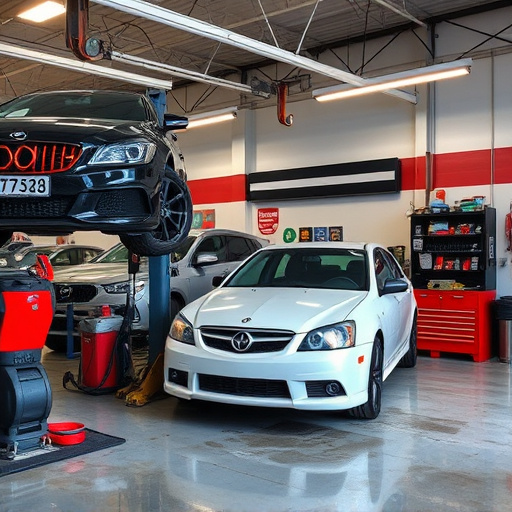
When visiting an auto collision repair shop, asking about their quality and safety standards is paramount for ensuring your vehicle’s repairs are both effective and safe. Reputable shops should adhere to industry-recognized standards such as those set by the National Institute of Automotive Service Excellence (ASE). Inquire about their certification and training programs for technicians, which demonstrate a commitment to staying updated with the latest repair techniques.
Additionally, learn about their quality control processes and materials used. A trustworthy collision repair center will employ advanced equipment and genuine or OEM parts for car body restoration. They should also be able to provide references or customer testimonials vouching for the quality of their work, especially when it comes to fixing minor issues like a fender bender. This attention to detail ensures not only the structural integrity of your vehicle but also its longevity.
Deciding on Cost and Payment Options
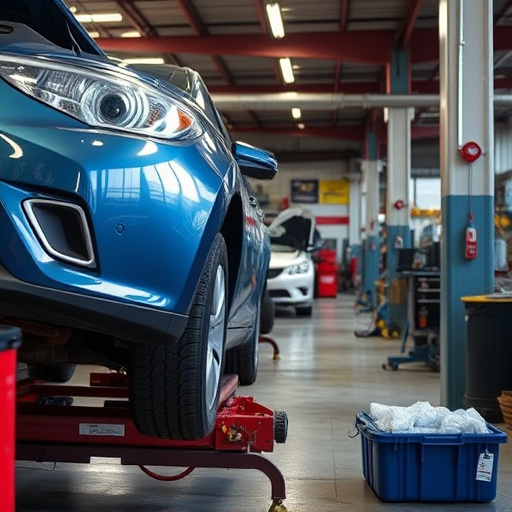
When discussing costs with an auto collision repair shop, it’s crucial to get a clear understanding of the charges for both parts and labor. Ask about their pricing structure, including if they offer hourly rates or fixed prices for specific types of repairs, such as auto body repair or bumper repair. Inquire about the cost breakdown for each service, ensuring you’re aware of any additional fees that might apply.
Payment options are another important consideration. Reputable auto collision repair shops should provide flexible payment methods, including credit cards and financing options if needed. Clarify their payment policies, especially regarding deposits and final balances due, to ensure a transparent and hassle-free transaction process for your vehicle body repair.
When choosing an auto collision repair shop, it’s crucial to ask the right questions to ensure a smooth, safe, and cost-effective experience. By understanding your vehicle’s repair process, confirming quality and safety standards, and discussing budget options upfront, you can make an informed decision. Remember, a reputable auto collision repair shop should be transparent, skilled, and dedicated to restoring your vehicle to its pre-accident condition.


